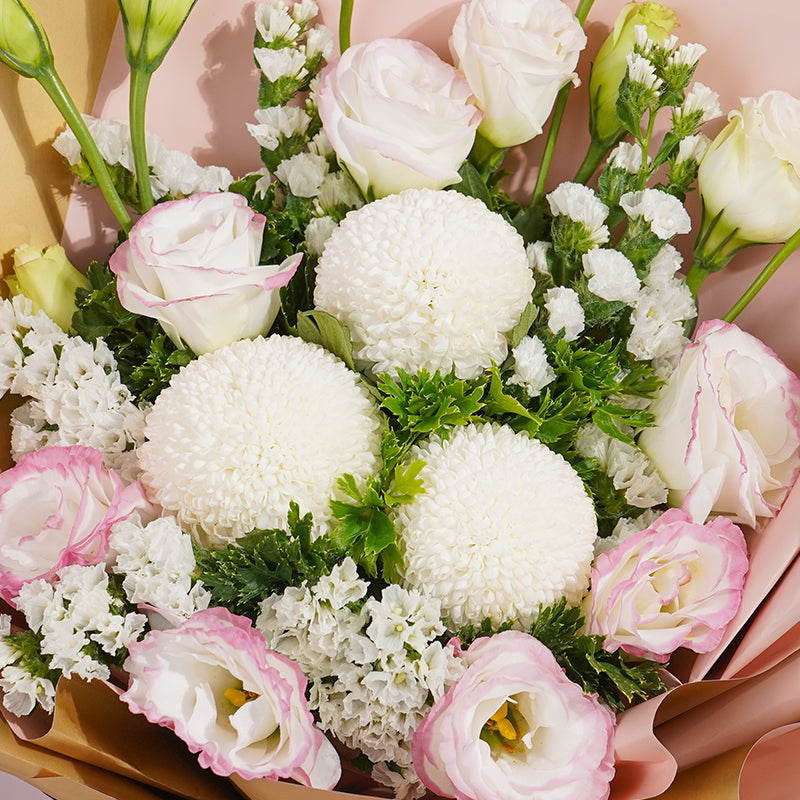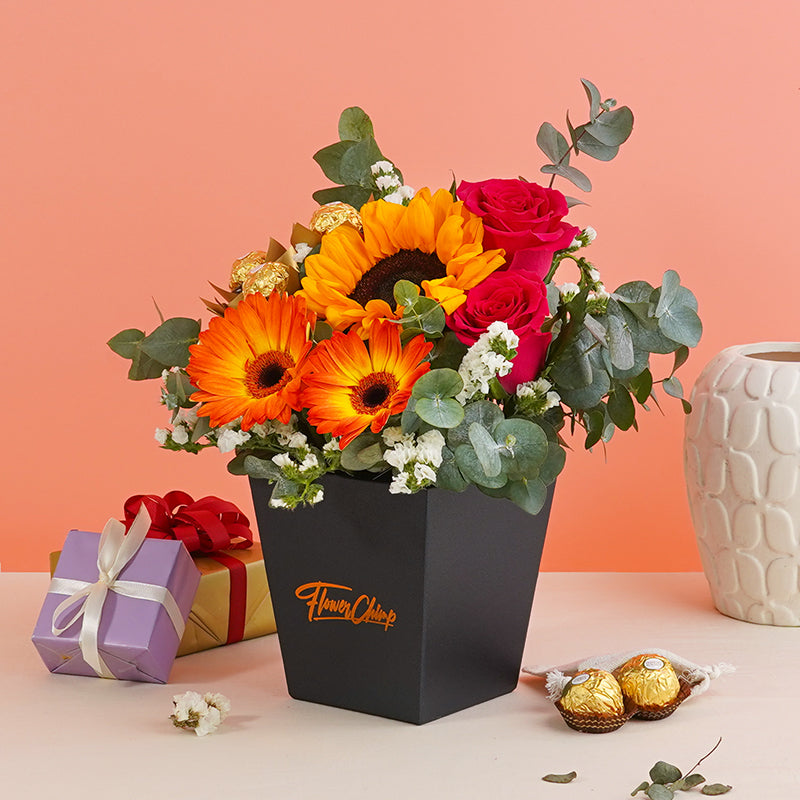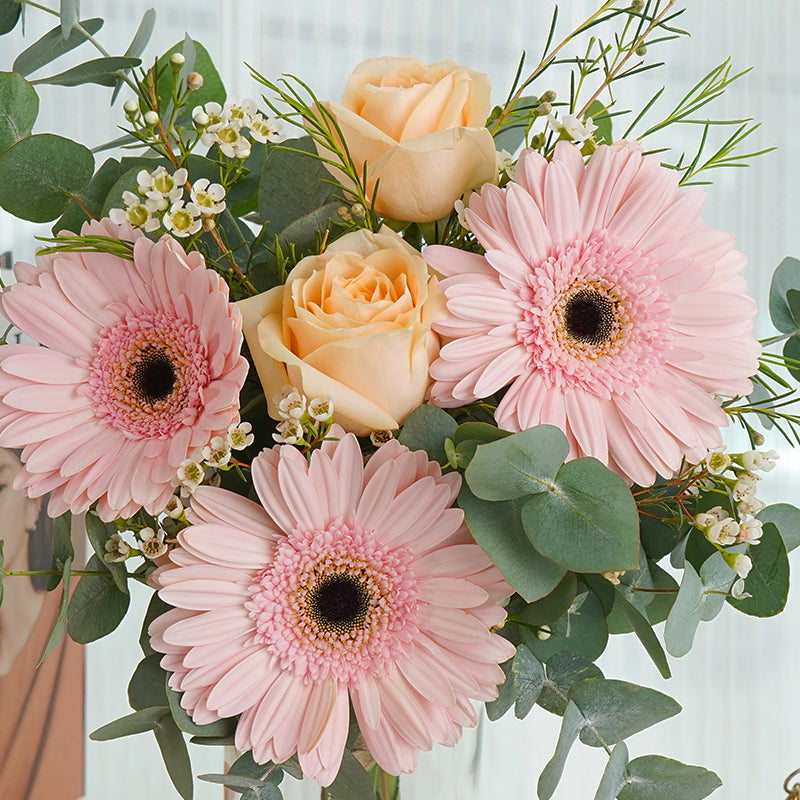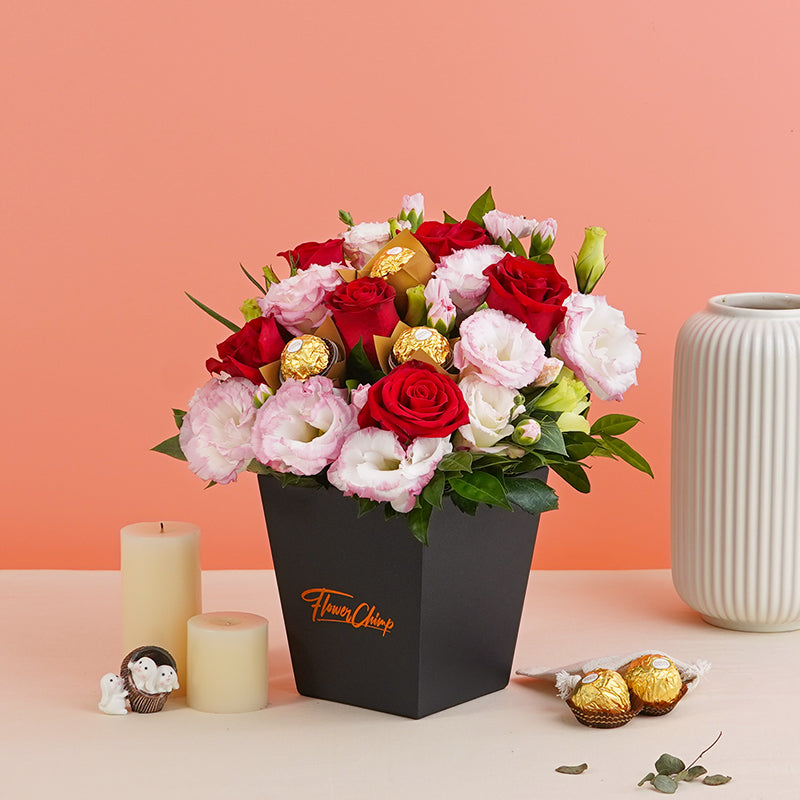Each year, people of different cultures celebrate their unique traditions in their own unique ways. All of them are completely different from one another, but they all entail getting back together with their family. The Chinese, like people of other cultures, place a high level of importance on the festivals and holidays that they honour. The Chinese people celebrate seven main holidays, each of which is steeped in its own distinct customs and practises, other than Hari Malaysia, Independence Day, or National Women's Day. Spend some time with us to learn about all seven Chinese festivities and to gain an understanding of why each one is so significant to the Chinese culture.
Chinese New Year (Spring Festival)
Starting with the most widely celebrated festival, celebrated by Chinese all over the world - Chinese New Year! The Chinese New Year or also known as the Spring Festival is a festival that is celebrated at the beginning of a new year according to a traditional Chinese solar calendar. The purpose of this festival is to honour the beginning of a new year in a very joyous fashion.
The actual festivities begin the day before the new year when members of the family get together for a dinner and start the countdown to the new year. On this day, many Chinese Malaysians would make the trip back to their hometowns or the houses of their parents to reunite and celebrate this joyous occasion. The family gets together once a year for the annual reunion meal, which serves as the family's most important part of the celebration and gathering. The morning of the New Year is also a busy time in temples when many people pay their respects to ancestors and gods and pray for their blessings for the next year.
Chinese New Year Food
What’s a celebration without a feast? Let’s dive into the Chinese New Year food, shall we? The point of hosting a lavish dinner for a reunion is to include a wide variety of courses and dishes in the meal. Fish is required, as well as either chicken, duck, or pork as an alternative to beef. It is a sign that you have achieved a great deal of success during the year, as seen by the fact that you are blessed with everything and carry it over into the new year. Here are some traditional cuisines that are served during the Chinese New Year:
- Sweet Glutinous Rice Cakes
- Whole Fish
- Whole Chicken
- Dumplings
- Braised Shiitake Mushrooms
- Tangerine and Oranges
- Spring Rolls
Lantern Festival
The celebrations for the Chinese New Year come to a close on the final day of the Spring Festival, which is also known as the Lantern Festival. This exciting celebration is held primarily in the evening so that families can enjoy watching the glowing lanterns float through the night sky. During this festival, in addition to watching the flying lanterns, families get together to participate in other significant activities that take place on this one unique day.
It is a common belief that lighting a lantern during this event allows one to make a wish. As a result, Chinese people will now light their lanterns and pray for good health, fortune, and wealth while also making more specific wishes. It is claimed that if you want your desire to come true, you must go beneath a hanging lantern and pray for what it is that you want. If you do this, your request will come true.
People then light their lanterns at the end of the day so they may watch them float away into the night sky while fireworks go out around them. The letting go of one's old self and the acceptance of a new identity for the future year is represented symbolically by the release of red lanterns, which bring good luck because of their colour.
Tomb Sweeping Day - Qingming Festival

Tomb Sweeping Day is a holiday in China that lasts for one day and is honoured in order to remember and show respect for one's ancestors. On the holiday known as Tomb Sweeping Day, families make a pilgrimage to the burial grounds of their ancestors to pay their respects. There are a few different names for Tomb Sweeping Day, including Clear Brightness Festival and Taqing Festival. On Tomb Sweeping Day, people don't only stick to going to cemeteries; they also take long strolls in the countryside, plant willow trees, and sail kites. Those who are unable to visit the burial grounds of their ancestors may choose to honour revolutionary martyrs by paying their respects at parks named after revolutionary martyrs instead. In China, Hong Kong, Macau, and Taiwan, Tomb Sweeping Day is recognised as a national holiday. As a result, most people are given the day off from work or school to provide them with the opportunity to visit the graves of their ancestors.
Dragon Boat Festival, The “Rice Dumpling Season”
The Dragon Boat Festival, also known as the Duanwu Festival, is one of the most important festivals celebrated by Chinese people all over the world. On the lunar calendar, the event takes place on the fifth day of the fifth month, which happens to be the third of June this year. People in China will take advantage of this long holiday weekend by travelling to various well-known locations all throughout the nation. When you learn about the history behind the Dragon Boat Festival, you'll gain a better understanding of its significance. In addition, you'll learn where to find some great rice dumplings in Kuala Lumpur.
Just like any other celebration, The Dragon Boat Festival has its own legend. Qu Yuan was a warring state poet. He was Chu's Left Minister but was exiled by unscrupulous officials. Qu Yuan learned in exile that Qin had taken Ying, the capital of Chu. Qu Yuan committed suicide along the Miluo River because of his patriotism. Locals sought Qu Yuan's body on boats after hearing what he did. To keep it alive, they fed the fish instead of his body. These events created today's festival. A number of ceremonies are carried out all around the world by people of Chinese descent to commemorate the life of Qu Yuan. The boats that were looking for Qu Yuan's body have evolved into dragon boats and are now competing in races. The rice that was tossed into the sea to preserve the body of Qu Yuan eventually evolved into the rice dumplings that we now love eating. Other practices, such as the consumption of realgar wine, the donning of perfume pouches, and the hanging of mugwort leaves and calamus plants, are utilised with the intention of warding off evil spirits.
Dragon Boat Festival Wishes
Honour the legend of the dragon boat festival by wishing your friends and family this celebration. Here are a few wishes you could send to them even through Whatsapp by just sharing!
- Get ready to enjoy the boat racing and get busy with the traditions... It's time to enjoy some quality time with loved ones. A very happy Dragon Boat Festival to you and your family.
- Let's paint the world in a rainbow of happiness and joy so that we can remember it for the rest of our lives. Many blessings for your celebration this weekend. Happy Dragon Boat Festival!
- Let us make this year's Dragon Boat Festival the most memorable one for all of us by hosting the most extravagant feast and most colourful events possible. Happy Dragon Boat Festival!
Ghost Festival

Boo! Let’s avoid the strange and inexplicable events of the Hungry Ghost Festival this August 12th by staying in or at least not going out too late. Legend says that this time around is a period when the invisible gates between the living and the dead are pushed open, allowing spirits to roam around as they like. In KL, you may see some alterations to the roadside whenever the occasion is nearing, flags fluttering in the wind or even the Chinese preparing for their prayers. All of this is in preparation for the Hungry Ghost Festival, a significant event in the Chinese calendar. This traditional festival is enjoyed by both Buddhists and Taoists, and it reaches its peak on the 15th day of the seventh lunar month, which is also referred to as "Ghost Day." The festival itself takes place on the 14th night and 15th day of the lunar month. During this time, Chinese people in Malaysia traditionally worship a deity known as "Da Shi Ye," also known as the "Guardian God of Ghosts," in the hopes of gaining protection from restless spirits.
What To Offer During Ghost Month
These practices are followed by Chinese families in order to placate ghosts and spirits and prevent them from inflicting any harm or trouble. Ancestors and house gods are honoured and invoked, prayers and meditation are encouraged, and temporary altars are set up with offerings filled with joss sticks and incense. A significant part is played by food in each of these. Here are a few:
- You should hold a family dinner to honour your ancestors and the gods of the home. Prepare some of your favourite classic meals for your family and friends. It would be respectful of the Buddhist roots of the gathering to serve vegetarian food. Your ancestors will like it if you serve them some of their favourite meals and give them a few extra places at the table. Having said your prayers, you can now relax and enjoy your food. The presence of joyful noises drives away negative spirits.
- Temporarily build a small outdoor altar away from your home. Place customary offerings such as uncooked rice, peanuts, chocolates, raw noodles, fruit, rice wine, beer, bags of salt, and even sugar in the area for passing spirits.
- Three bowls of rice, three pairs of chopsticks, and three cups of Chinese tea are traditionally placed on the altar to represent Heaven, Earth, and Hell.
- This time around is usually the best time to bring out traditional family recipes to honour family culture that has been passed down for generations.
- Going vegetarian during this period is highly recommended to follow the steps of Buddhists which they believe helps absolves the suffering of their deceased ancestors.
Mid-Autumn Festival
When you think about the mid-autumn festival, think about mooncakes! A celebration of the moon's fullness and brightness is held every year on the 15th day of the 8th month in accordance with the lunar calendar. The festival's roots can be traced back at least 3,000 years to the worship of Chang'e, the moon goddess. Mooncakes, one of the celebration's main attractions, will start to be displayed in bakeries and pastry stores as the festival gets closer. Why mooncakes, you ask? According to the legend, in the 14th century, rebels communicated through the carvings on the top of the mooncake that in the end resulted in the founding of the Ming Dynasty in China. The filling of the mooncake was traditionally made of salted duck egg yolk, lotus seed paste, or red bean paste. Modern bakers, however, tested their baking skills by coming up with various modern mooncakes you see now today such as jelly mooncakes, ice cream mooncakes and even snow skin mooncakes!
Mooncake Festival in Malaysia is an opportunity to savour this classic sweet with a variety of our favourite flavours, such as white lotus and red bean! Order from Flower Chimp's 2022 mooncake collection today with our same-day delivery for this Mid-Autumn Festival!
Winter Solstice - The Dhongzhi Festival
The Winter Solstice holiday, also known as the Dongzhi Festival among Chinese people, is considered by some to be even more important than the Chinese New Year celebration. It is traditionally marked on either the 20th or 21st of December, which is the time of year in the northern hemisphere when the night is the longest and the day is the shortest. Dongzhi is a traditional festival that is celebrated by a large number of Chinese people. This holiday has a lengthy history and a number of customs that are especially remarkable.
How The Dhongzi Festival Is Celebrated
Worshiping Heaven and Ancestors as well as Counting Nines of Winter are two of the most important Chinese traditions associated with the Winter Solstice. In addition, various parts of China have developed unique dining traditions to celebrate the Dongzhi Festival. The most well-known dishes consist of sticky rice and dumplings. In addition, foods that are known to warm the body, such as mutton, ginger, and daikon, are quite popular.
And there you have it! The most important celebrations in the Lunar Calendar are celebrated by the Chinese from all over the world. No celebration is complete without the gift of flowers, hampers and other surprises. Flower Chimp offers a wide selection of gifts and flowers that are perfect for every celebration for you to browse through!
Best Rated Florist in Malaysia
4.6/5.0 Based On 9035 Reviews
![whatsapp icon]() Click here to WhatsApp us! (9am - 6pm, Mon-Sun)
Click here to WhatsApp us! (9am - 6pm, Mon-Sun)















































